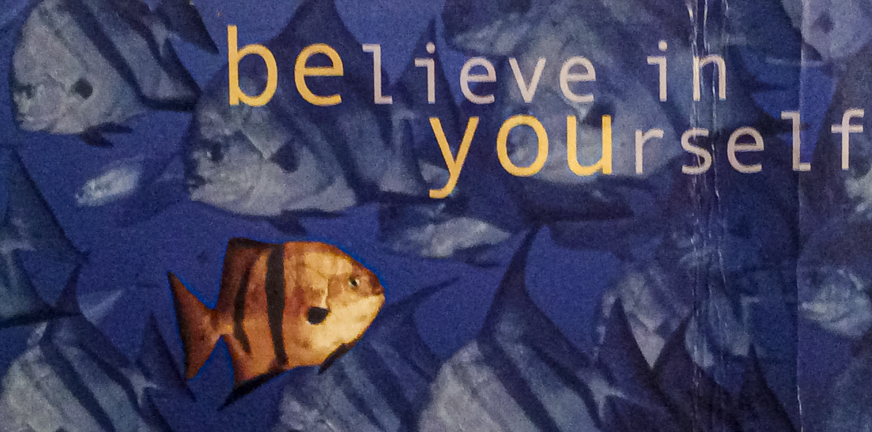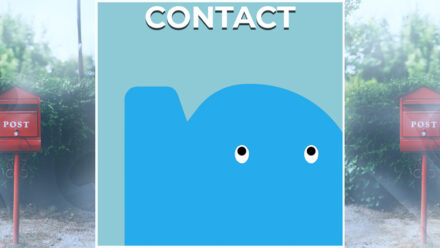
After being under psychiatric treatment for about 25 years, Hank has a few things to say about the functioning of mental healthcare. Sharing his story here, he believes, could help healthcare works, patients and others involved in psychiatry.
I have, or had, autism, paranoid thoughts, schizophrenia, ocpd, manic depression, psychosis… Along with many types and quantities of medication, forced admissions, countless therapies and counsellors.
My high-level studies and busy career back then were the cause, together with my autism, of the serious problems that arose
As a result I was often overstimulated. Now I am recovering for three years since the last psychoses. I am fully unemployable and do volunteer cleaning work for four days a week. That is the best medicine for me. I’ve already started to strongly reduce my real medication and will continue as far as I can. It makes me clearer and allows me to follow my emotions, intuitions and impulses, instead of living in my head. I have my doubts about all the diagnoses, the psychiatric practices, the endless therapies, the stigmas and corresponding medications. Lots of money is earned this way, but was it really all that necessary and useful? Endlessly talking about your thoughts and issues does not get you any further, I think, because what you feed is what grows. It’s how you remain stuck in your illness with no way out.
The better way is to create a social relation with the other human (the ‘patient’)
- Ask what help is desired.
- Ask about hobbies and interests.
- Talk about the things going well.
- Show someone is appreciated.
- Talk about feelings instead of only the thoughts.
Another lesson I learned is that thoughts and fears should not be denied, comforted or confirmed. LET THEM BE. Easier said than done, but surely worth trying.
Every attempt at confirmation is only feeding the thought or fear, causing it to come back at you only stronger. Again: what you feed, is what grows. This insight has been very important for my partial recovery. Just like I learned that reducing antipsychotics will increase your delusional thoughts, forcing you to increase the dosage again. That way you can never get off it. Apparently this has to do with the level of dopamine in the brain. I can tell you from experience that this is simply a phase you have to go through before it quiets down. Just keep going and you will get there.
I went from mania to depression
Back then I refused to take antipsychotics (thought it was poison!). Remained in a psychotic state for three weeks. A long time, and the longer it lasts, the longer your recovery will take. When it was over, I took the medication anyway and three weeks after I was free to go home. The two following years were a living hell, due to the negative symptoms and borderline-psychotic behaviour. You can compare psychosis with those glass snow globes you probably know as Christmas home decoration: it firmly shakes up your head/ the snow flakes, and after a long time of twirling around they finally come down to rest. Although it might take over ten years, the storm will eventually lie down again. So keep your head up. And stay positive, because that will strengthen your recovery.
By now, things have become more quiet. I feel more and think less, realizing that I almost forgot how special and pleasant life can be. Every detail of my psychotic times I can remember. And so I discovered that some of the (delusional) thoughts / feelings from my psychosis were actually (partly) correct. Especially in the first stages of psychosis I had very clear and remarkable perspectives that turn out to be true in a way. Yet right after that I went off track, and my head got filled with ideas that were simply false. It is truly bizarre what thoughts a person can have at such point.
At first I had many perspectives that turned out to be true. And then I went off track and my head filled with ideas that were simply false
This is my take on it, and I think this goes for many people who experience psychosis: they are simply very sensitive people. At some point, they get thrown back to themselves. And that can be incredibly overwhelming. So much even, that they end up in psychiatry for years on end. But there is also a positive side. In my eyes, the experience tells you that you are much more capable of living on your emotions and intuitions. That is the main ingredient for a beautiful life. The trick is to learn how to do this the right way and thereby stay on the right path. On the other hand: not everyone who is highly sensitive has a psychotic breakdown. In fact, everybody is capable of staying true to yourself, but in the chaos of everyday society, not all of us succeed in this.
Since the psychotic episodes I still have the occasional delusional thought, near-psychotic behaviour and suspicions
Yet quite regularly these thoughts, feelings or suppositions are simply correct, although others around me and in healthcare are slow to accept that. It also happens that I am not sure whether something is either true or false. Quite annoying, but I am still learning to trust my own senses and intuition.
And why should you be afraid to think things that are not correct? That’s only human and happens to everybody. Just accept it when you have some suspicion, without taking it too seriously. Often my feelings and (delusional) thoughts actually have a real cause. It would be nice if I would be able to talk about them with healthcare workers and others, but I am easily seen as the mentally crazy one. I wonder if I will ever lose that stigma.
The psychosis made me much more spiritual afterwards
I strongly believe in the law of attraction: if you do good, good will come to you. Karma above coincidence: everything happens for a reason.
About the use of the enormous amounts of medication I take every day: I have my doubts. My beautiful personality was strongly (and unnecessarily) suppressed and it still is today. With regard to my autism diagnosis (a term that is much in fashion lately) I am also not fully convinced. One thing that I know for sure: mental healthcare especially ‘takes care’ of lots of money. Perhaps I might write another blog on that issue one day.
One thing you should remember: your intuition and feeling are your strongest and greatest powers. Try to feel more and think less. You are not your thoughts. Trust yourself.
Hank (alias)




Comments: